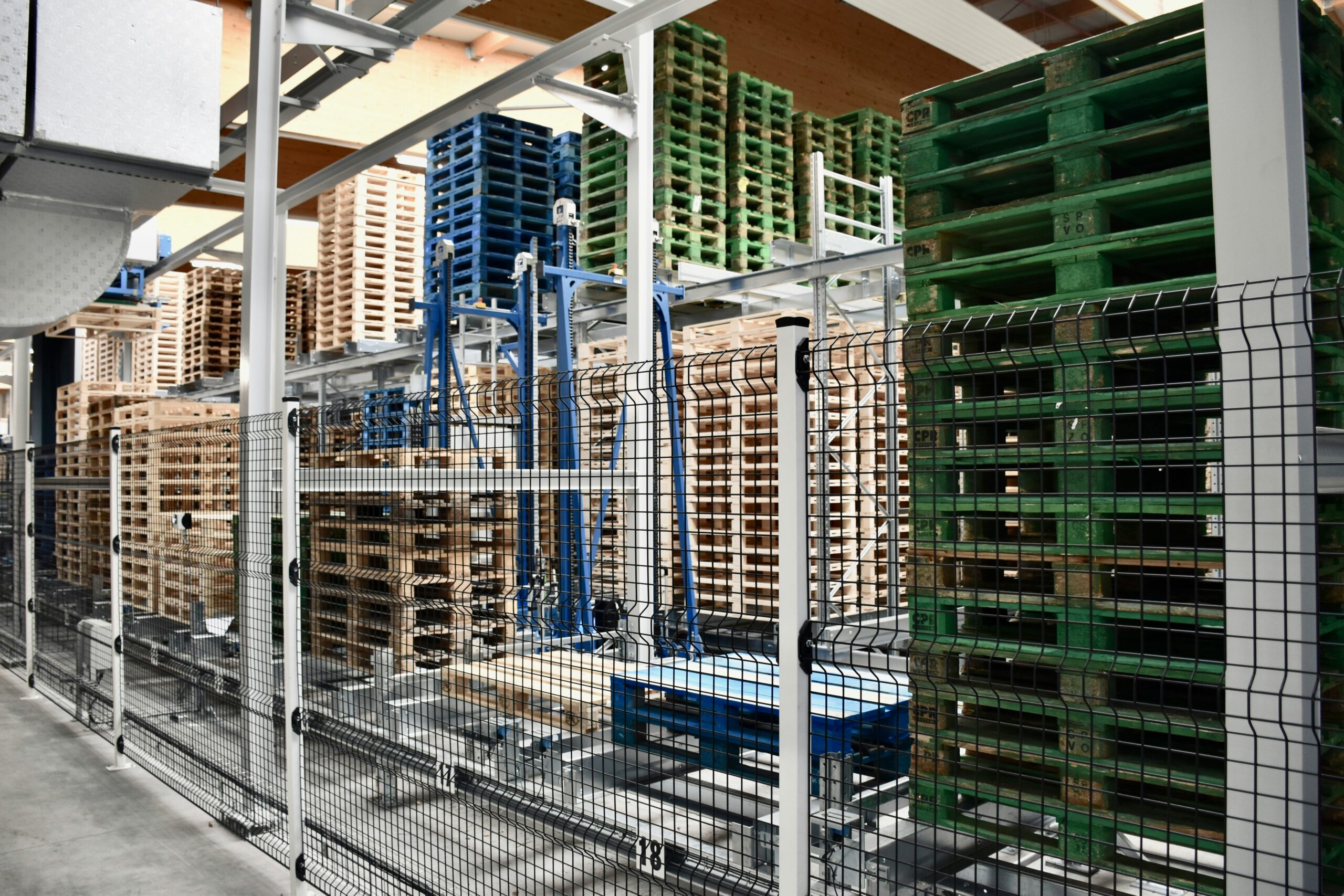
The world of supply chain management has experienced transformative shifts in recent years, mainly due to the rapid adoption of innovative technologies. These technologies are reshaping how businesses operate, providing them with tools to optimize efficiency, reduce costs, and enhance customer satisfaction. From artificial intelligence (AI) to blockchain, the supply chain industry benefits from a broad range of cutting-edge solutions that enable more accurate forecasting, better transparency, and streamlined processes.
Artificial Intelligence and Machine Learning
Artificial intelligence (AI) and machine learning (ML) significantly impact supply chain management. These technologies allow companies to leverage data in ways that were previously unimaginable. AI can accurately predict demand, enabling businesses to adjust production schedules and inventory levels to meet changing consumer needs. On the other hand, machine learning algorithms can analyze historical data to identify patterns, which helps forecast future trends. The result is an increase in operational efficiency and the ability to make data-driven decisions that minimize costs and improve service levels.
Blockchain for Transparency and Security
Blockchain technology is another game-changer for supply chain management. Initially developed for cryptocurrencies, blockchain has found widespread application in tracking and verifying transactions across the supply chain. By creating a decentralized and tamper-proof ledger, blockchain provides unparalleled transparency and security. Companies can track the movement of goods from origin to destination, ensuring that products are delivered on time and meet required safety and quality standards. This level of traceability is particularly valuable in industries such as food, pharmaceuticals, and luxury goods, where product integrity is critical.
Internet of Things (IoT) for Real-Time Monitoring
The Internet of Things (IoT) is revolutionizing how supply chains are managed by enabling real-time monitoring of goods in transit. IoT devices, such as sensors and RFID tags, can track products’ condition, location, and movement as they move through the supply chain. This real-time data collection helps businesses quickly identify any disruptions or delays in the supply chain and take corrective actions. Additionally, IoT allows for better inventory management, reducing the chances of overstocking or stockouts. Businesses can ensure that their operations run smoothly and efficiently by having complete visibility into their supply chains.
Robotic Process Automation (RPA) for Streamlined Operations
Robotic Process Automation (RPA) transforms supply chain management by automating repetitive and time-consuming tasks. In areas such as order processing, invoicing, and inventory management, RPA bots can handle routine tasks with precision and speed. This reduces the burden on human workers, allowing them to focus on more strategic activities. Automating these processes improves efficiency and minimizes human error, ensuring that operations are conducted with greater accuracy and consistency.
Cloud Computing for Enhanced Collaboration
Cloud computing has enabled businesses to break down data silos and foster greater collaboration across the supply chain. With cloud-based platforms, companies can share information and resources in real time, regardless of geographic location. This improved collaboration allows for faster decision-making, better coordination between suppliers and distributors, and enhanced flexibility in adapting to market changes. Cloud solutions also provide scalability, meaning that businesses can easily adjust their resources based on fluctuations in demand, making them more resilient in times of uncertainty.
Drones and Autonomous Vehicles for Delivery
The advent of drones and autonomous vehicles has the potential to revolutionize last-mile delivery in supply chain management. Drones are increasingly used for small package deliveries, particularly in urban environments where traffic congestion can lead to delays. On the other hand, autonomous vehicles are being tested for transporting larger shipments over longer distances. These technologies promise to reduce delivery times, transportation costs, and overall supply chain efficiency.
Integrating innovative technologies into supply chain management creates opportunities for businesses to optimize their operations like never before. From artificial intelligence and blockchain to IoT and autonomous vehicles, these technologies improve efficiency, transparency, and security across the supply chain. As businesses adopt these advancements, the supply chain landscape will become increasingly automated, interconnected, and data-driven. The future of supply chain management looks brighter than ever, with innovation driving efficiency and competitiveness to new heights.